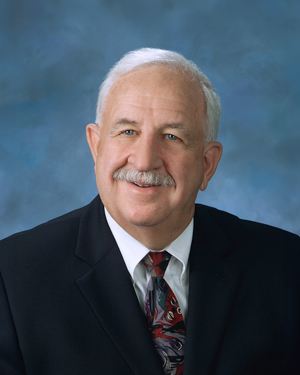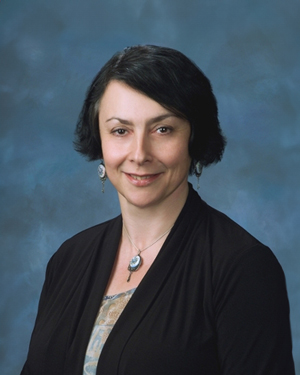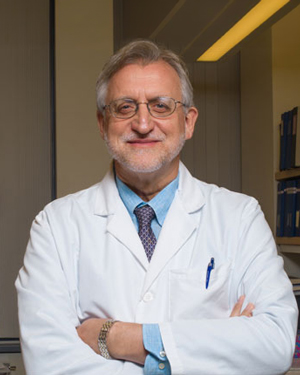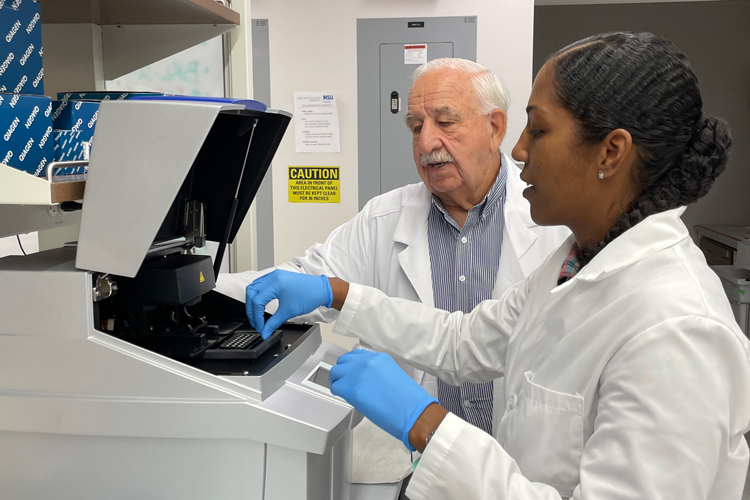The Brain Research and Integrated Nutrition (B.R.A.I.N.) Center at Nova Southeastern University's Barry and Judy Silverman College of Pharmacy is focusing its research efforts on the metabolic pathways that support the unique function and energy demands of the brain. This focus includes antioxidant requirements as well as the interconnecting pathways that support epigenetic regulation of gene expression.
The brain utilizes oxygen at a 15-fold higher rate than other tissues, making it vulnerable to the harmful by-products of aerobic energy production, collectively known as reactive oxygen species (ROS). As a consequence, inadequate antioxidant resources can manifest as various brain disorders occurring over the lifespan.
Despite the extensive research efforts of academia and the pharmaceutical industry, progress in understanding and treating brain disorders has been disappointingly slow. At the same time, the incidence of autism and Alzheimer’s disease continues to grow, and the fatigue and brain fog of “Long COVID” is a major public health concern. Clearly there is a need for new paradigms and perspectives that recognize and address the metabolic origins of these and other brain disorders.
NSU was the only university in the United States to launch a research Center specifically focused on the crucial roles of antioxidant metabolism and nutritional factors across the lifespan.
What We Do
While good nutrition is a well-recognized factor in supporting brain development and function, the underlying mechanisms linking nutrition and brain disorders are just beginning to be identified, and B.R.A.I.N. Center investigators are at the forefront of this effort. As described here, current research projects include metabolic regulation of neuroinflammation, nutritional metabolism and cerebral bioenergetics in Alzheimer's disease, mast cell involvement in neurodegeneration, epigenetic dysregulation of immune cell function, and antioxidant status in autism.
Leveraging our unique collaborative expertise and combining basic and clinical research projects, the B.R.A.I.N. Center will develop novel nutraceutical and non-nutraceutical treatment approaches for a number of neurological disorders of high concern, including:
- Autism
- Attention-Deficit Hyperactivity Disorder (ADHD)
- Alzheimer’s disease
- Myalgic Encephalomyelitis / Chronic Fatigue Syndrome (ME/CFS)
- Long COVID

The B.R.A.I.N. Center also takes an active role in providing neuro-metabolism and nutrition-related educational programs for health care professionals and the public. This constellation of basic and applied clinical research, drug and nutraceutical development, along with educational engagement, gives the NSU B.R.A.I.N. Center a unique role in improving the quality of life for individuals suffering from brain disorders across the lifespan.
Meet Our Team





Lubov Nathanson, Ph.D.
Associate

Theoharis Theoharides, MS. MPhil, PhD, MD, FAAAI
Associate

Natasha Rose, M.S.
Manager, Clinical Research

Jianan Dong, Ph.D.
Research Associate

Rebecca (Sherry) Eshraghi, Ph.D.
Assistant Research Scientist
Affiliates
Under the capable leadership of Nancy Klimas, M.D., INIM is widely-recognized as world-class center for treatment of fatiguing illnesses, including Chronic Fatigue Syndrome/Myalgic Encephalomyelitis (CFS/ME) and Gulf War Illness (GWI), as well as for research into causes and clinical biomarkers for these disabling disorders. Brain dysfunction plays an important role in both CFS/ME and GWI, and environmental exposures are thought to be prominent causative factors. Remarkably, similar metabolic abnormalities link autism to CFS/ME and GWI, and similar metabolic and nutritional treatment approaches have proved beneficial. It is therefore not surprising that collaborations between the B.R.A.I.N. Center and INIM are likely to provide insight into multiple conditions.
The Mailman Segal Center (MSC) is one of the largest and most highly respected, comprehensive early childhood demonstration and training facilities of its kind, with a long history of serving individuals with autism and their families. Currently the Baudhuin Preschool and Starting Right programs for children and families dealing with autism and related disorders enroll 144 children, ages 18 months-6 years of age. Dr. Nurit Scheinberg, Director of Research at the MSC, has extensive experience in behavioral analysis of children with developmental disorders, including a recently completed clinical trial evaluating a nutritional antioxidant treatment.
Drs. Deth and Trivedi have been intimately involved in characterizing the actions of casein-derived opioid peptides as well as the metabolic and epigenetic effects of a2 milk consumption.
a2 Milk is distinctive for the very limited release of opioid peptides from a2-type casein, which increases antioxidant production with multiple health benefits. The a2 Milk Company is in the business of introducing a2 Milk into the marketplace and making its unique health benefits understood and available worldwide.
Dr. Udell is a leading autism clinician with over 30 years of experience. Presently, Dr. Udell is practicing behavioral pediatrics in Davie, Florida, where he has focused on children with developmental disabilities including ADHD and autism.


